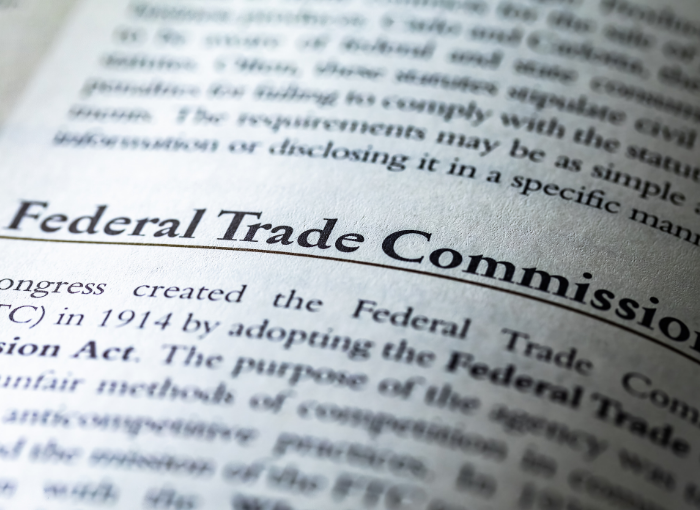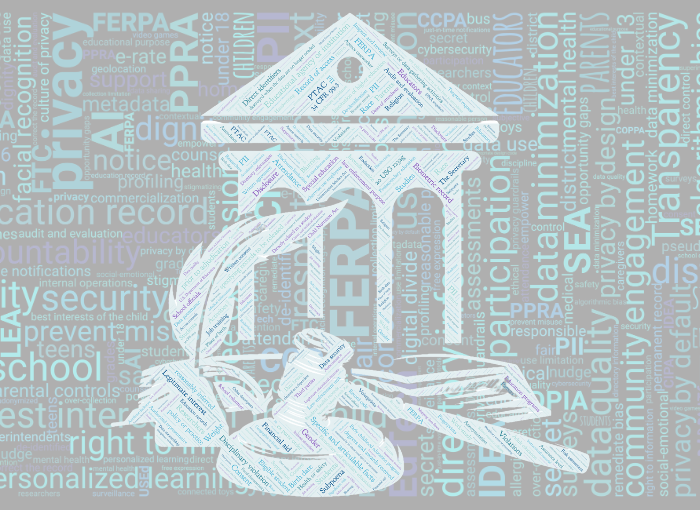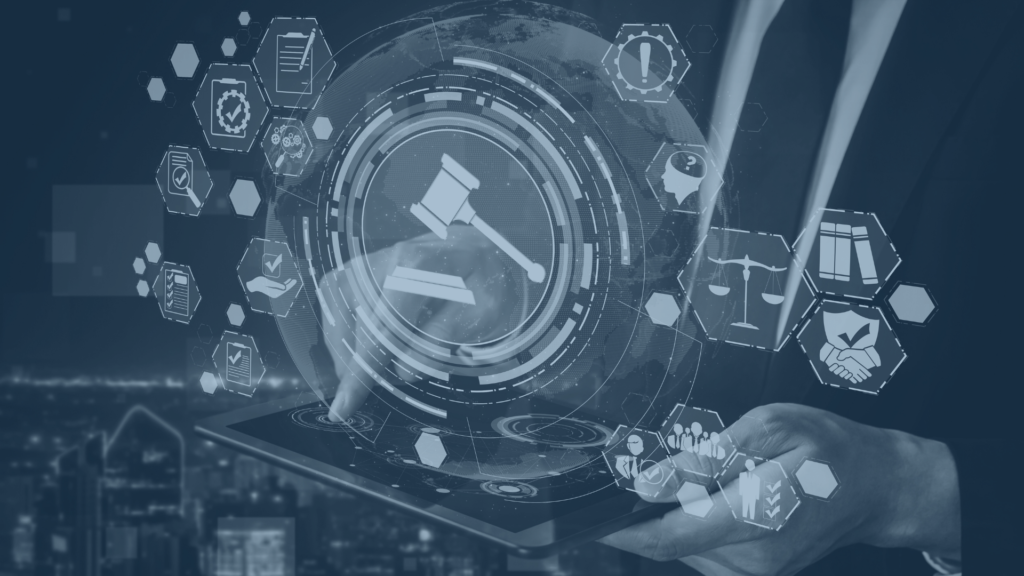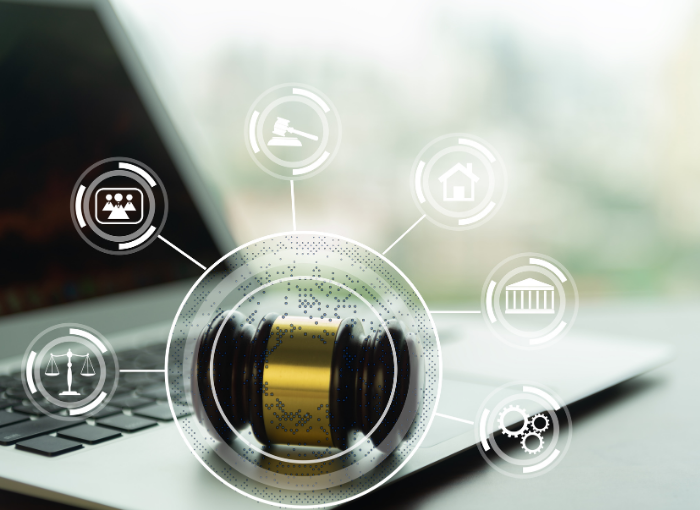Understanding FERPA’s Enforcement Process
Understanding FERPA’s Enforcement Process January 30, 2026 Katherine Kalpos, Morgan Sexton, and Amelia Vance CC BY-NC 4.0 On January 28, 2026, the U.S. Department of Education (USED) announced that it has found the California Department of Education (CDE) in violation of FERPA “for policies that pressure school officials to conceal information about students’ ‘gender identity.'” As far as PIPC is aware, this is the first time USED has issued a written notice of findings that has progressed to this stage in the FERPA enforcement process—making this an appropriate moment to explain what could come next. Where We Are in […]
Understanding FERPA’s Enforcement Process Read More »










